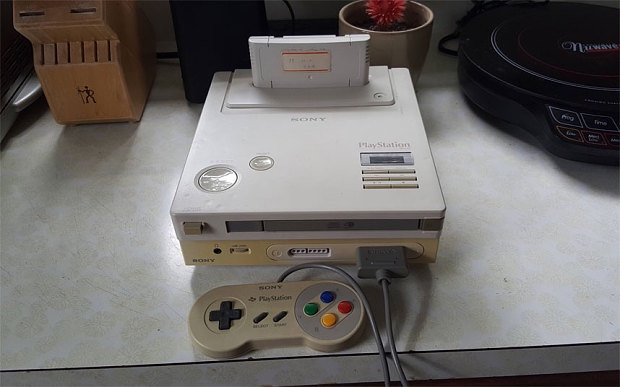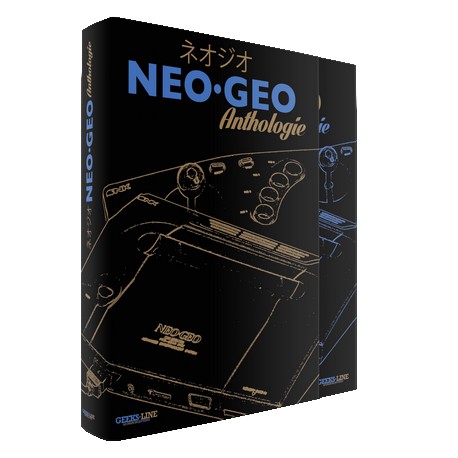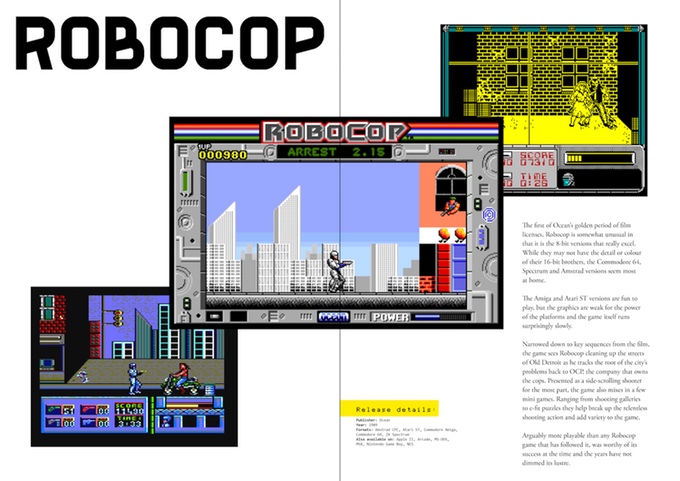In our last two Bookin’ It articles detailing the crowdfunded books of video games, we explored the popularity of Nintendo and old gaming computers. After that, we examined the other console related books, or lack thereof. These books have a high level of quality, and most of their campaigns succeed with flying colors. But that’s not to say some of these campaigns don’t have their dark sides. Failed campaigns are aplenty, and there are even campaigns that were struck with copyright take downs.
That begs the question: how many of these authors get permission from the companies they’re covering? Do they even need permission to do a biography, or even a visual compendium book? Why do some of these campaigns fail to reach their funding goal, and what could they have done differently?
There have been a number of well-run campaigns, such as The Atari ST and the Creative People and The Nintendo NES Compendium that failed to garner any attention whatsoever. That last one calling itself “The Nintendo NES” probably didn’t help. Andreas Wallström even went so far as to delete everything on his page for Commodore 64: For the Love of a Machine after the campaign failed, and his was the closest out of any of these.
The Way We Played: The Golden Age of Computer Games
The Way We Played is a case of crowdfunding sites working together. Or not working. This campaign is brought to us by Unbound. Unbound is a crowdfunding site that deals exclusively in books. You might be scratching your head right now and wondering “are they really good dogs?” Yes, yes they are. What we cannot answer is why one crowdfunding site is using another, especially with a book as specialized as one on the Atari ST computer. This campaign began in April 2016, and Unbound began accepting crowdfunding campaigns in 2015.
That’s the big problem with this particular campaign – a lack of information. The Way We Played would be a book about the development of the best and most influential games on five popular computers in the mid-80’s to early-90’s. There are six scant paragraphs of text, but that’s all it really boils down to, as well as a section about page length. That’s it. There is a pitch video, but it does little other than regurgitate what the page itself says. With almost nothing to show for itself, it’s no wonder why the campaign came up so short of its £22,000 goal.
 The Nintendo PlayStation: The Untold Story of the Prototype
The Nintendo PlayStation: The Untold Story of the Prototype
Given the mythical status surrounding the Nintendo PlayStation, you’d think a book about the failed marriage would be a huge hit. When the only known prototype of the console surfaced in July 2015, the gaming world was whipped into a frenzy. The owners went on a tour of conventions and technology museums showing it off, and even appeared on the Ben Heck Show multiple times to try and get it working. There’s a hell of a story around the console that’s still being written today, including Daniel Diebold, just not literally.
Diebold and his father are the ones who found that prototype sitting in their attic and began touring with it. Daniel took to Kickstarter with the hopes of publishing a book about the history of the console, staring with initial deal between Sony and Nintendo up until now, presumably.
The Nintendo PlayStation: The Untold Story of the Prototype looks like a better campaign than The Way We Play at first glance. There’s more text and pictures, and a better video at least. But all of that text is fluff, and doesn’t really explain what the book will actually be. Even to Diebold and his father, not much is known about either the Nintendo/Sony deal or the console itself. Both companies have seemingly taken a permanent oath of silence regarding the matter. The console was canceled so quickly developers never got a chance to work on it either. Because of this, there’s not really anyone to talk to about the history of this machine, so what could the book possibly be about?
 The campaign was poorly run, and despite all the press attention surrounding the Diebolds and their discovery, they could only raise $2,694. Part of that was a lack of communication, with only one update throughout the campaign. The update only made the project more confusing. In an effort to “clarify” what the book would be, Diebold states that the book wouldn’t be a novel at all, but rather a visual compendium of sorts. The second point of the update seemingly contradicts this. Diebold says they found developers who worked with the hardware, and that they were going to conduct interviews with them. No where does it say who these developers are.
The campaign was poorly run, and despite all the press attention surrounding the Diebolds and their discovery, they could only raise $2,694. Part of that was a lack of communication, with only one update throughout the campaign. The update only made the project more confusing. In an effort to “clarify” what the book would be, Diebold states that the book wouldn’t be a novel at all, but rather a visual compendium of sorts. The second point of the update seemingly contradicts this. Diebold says they found developers who worked with the hardware, and that they were going to conduct interviews with them. No where does it say who these developers are.
Copyright Strikes Back
Two Kickstarter fundraisers have been canceled due to copyright strikes, Neo Geo Anthology by Geek-Line and Nintendo Entertainment System/Famicom: A Visual Compendium by Sam Dyer. You can view both copyright notifications still. As you would imagine, it was SNK and Nintendo who filed the claims, or at least lawyers representing them. The Neo Geo copyright claim is bland, simply stating the creator doesn’t have their permission to use images of Neo Geo games.
Nintendo’s strike lists more specific patent numbers and cases to make their claim. They even go so far as to list every game used on the page and list a patent number. They say pretty much the same thing as SNK, just with a few more words.
“The description of the book states that it is “mainly visual”, and the campaign shows pages of the book which consist simply of large screenshots copied directly from Nintendo’s video games. This campaign also makes use of a mark that is confusingly similar to registered trademarks owned by Nintendo. […] This use of Nintendo’s intellectual property may confuse Kickstarter backers into thinking this project is sponsored or licensed by Nintendo, when in fact it is not.”
Is Permission Needed?
This brings up the question of ethics. Nintendo is right, these visual compendium books usually are nothing but screenshots of games and pictures of consoles. Do authors need permission from whatever company they’re making these books about to use these images? Nintendo in particular gets a lot of flak for their treatment of YouTubers. They throw a copyright take down at any video using footage from their games. Come to think of it, has anyone writing these books received permission from the copyrights holders?
For the most part, authors don’t need permission from copyright holders to write a book about them. The issue is when they start using images taken from games, or screenshots. American copyright law is notorious for how out of date it is. It’s especially vague when it comes to video games. Is it okay for somebody to grab a screenshot of a game and then sell it as a poster? Is it okay for them to put it in a book? You’d have to believe that using official images, like the Nintendo Seal of Approval, would at least be a no-no.
Either way, that hasn’t let Sam Dyer discourage him. After the campaign’s removal, Dyer made some tweaks and re-launchced it as NES/Famicom: A Visual Compendium, which successfully raised £190,214. Recently, he created The Unofficial SNES/Super Famcicom: A Visual Compendium, which was also a success. Geek-Line gave up on the Neo Geo and turned their attention to PlayStation.
It’s just another thing you have to keep in mind when you decide to back a campaign or not. “Will a copyright holder strike thine campaign down?” It’s safe to assume if it’s on Kickstarter, the creator doesn’t have an official license. As always, if a campaign lacks important information, you might want to avoid it.






